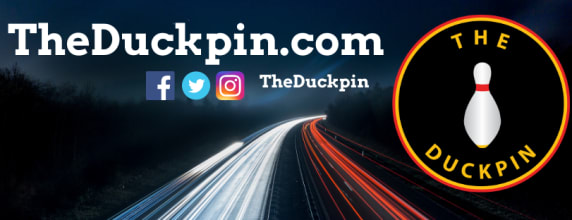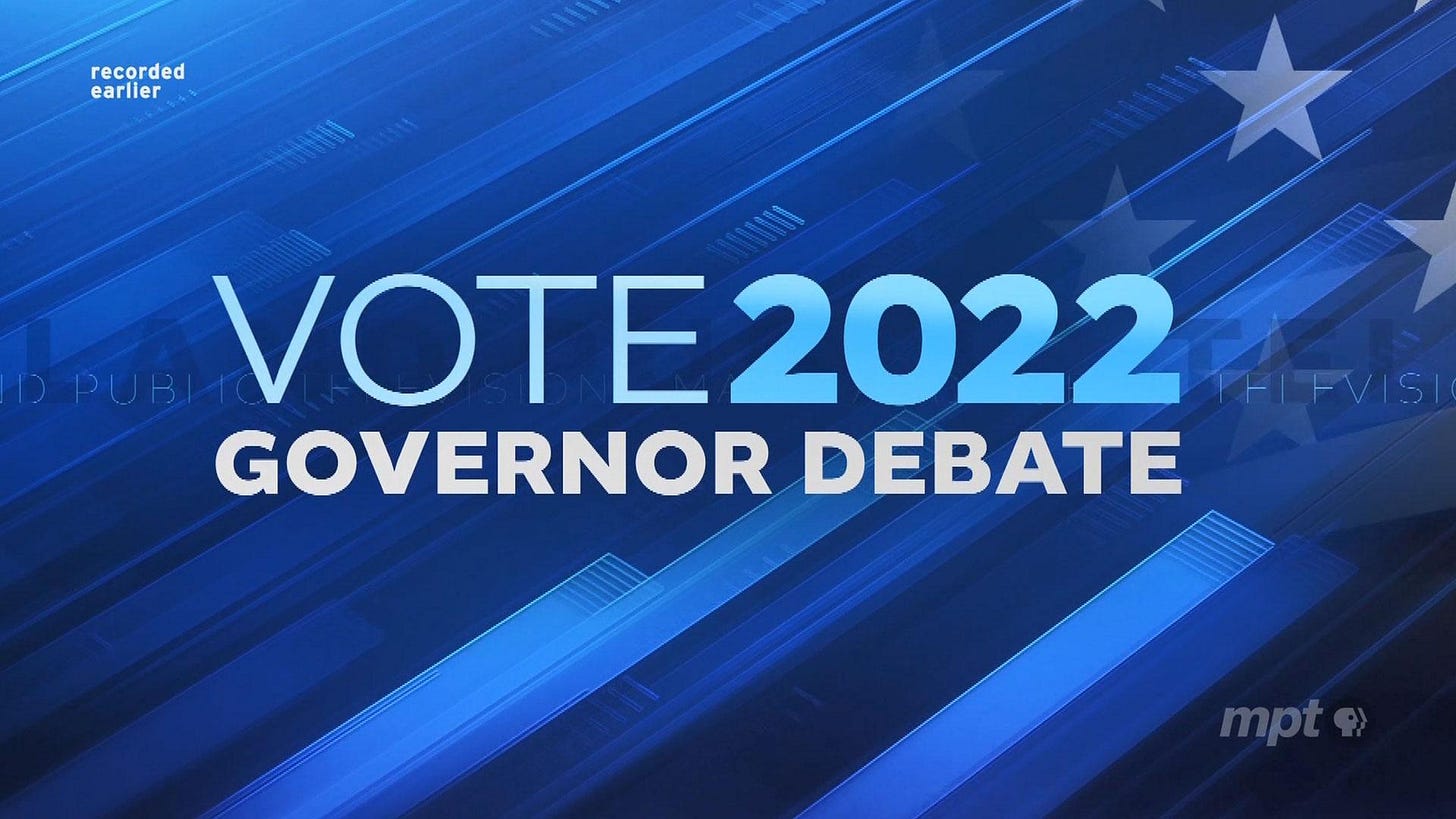MPT Debate Standards Are Problematic
MPT gets a third of its money from taxpayers. Why do they get to decide who gets in a debate?
Earlier this month it was announced that Maryland Public Television would be hosting a debate on October 12th between the candidates for Governor. The debate would be held in conjunction with The Bal…
Keep reading with a 7-day free trial
Subscribe to The Duckpin to keep reading this post and get 7 days of free access to the full post archives.



